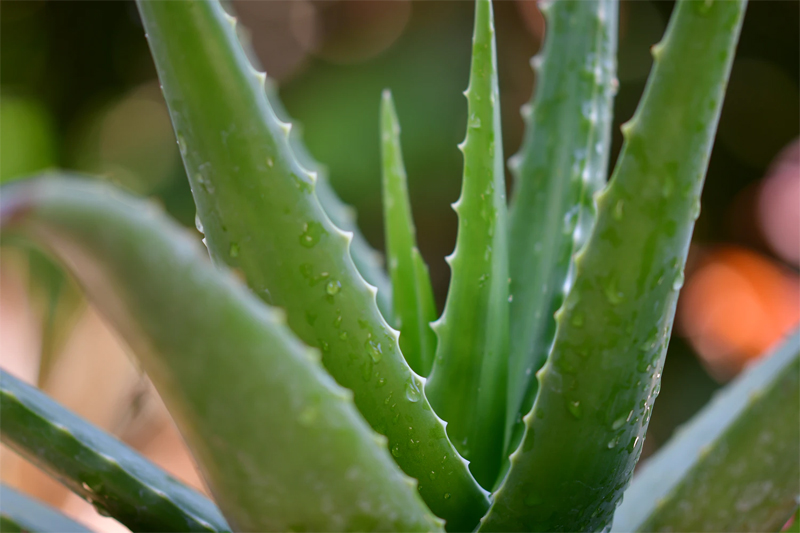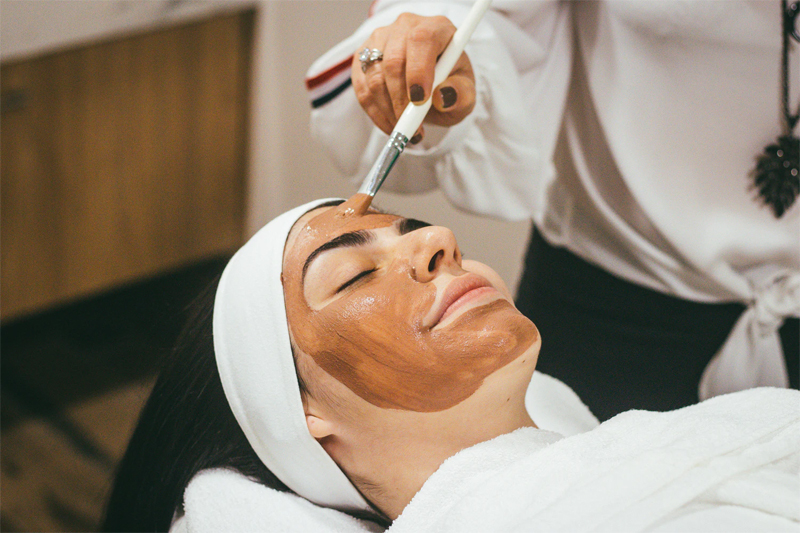
Aloe Vera
Aloe Vera is known to have many health benefits, especially to the skin, where it is often used to treat and calm burn injuries, but did you know that it can also be used to treat sufferers of hyperpigmentation? Aloe Vera contains a compound called aloin that works by combatting the production of melanin in the body thereby reducing hyperpigmentation. An Aloe Vera gel can be applied directly to the skin and can help lessen the effects over time. Studies are ongoing, but it is hoped that this could be a major new breakthrough in treating this condition.
Topical cream
Many people try to lessen their hyperpigmentation by applying a topical cream to their skin. In their simplest form, these can be vitamin C based, whereas others can involve steroids or azelaic acid. Experts from Ashenly.com recommend that you do your research first and that you apply a small bit of cream to an unexposed part of your body before you try it on prominent areas such as your face and arms. Creams that actually bleach the skin have the most dramatic effects and you should also be aware that different creams are suitable for different skin types, so make sure you know what you are using before you dive in.
Green tea
Green tea may sound like a surprising remedy for hyperpigmentation but actually, when you start to understand that tea has been used for thousands of years due to its antioxidant properties, it starts to make sense. It is also an anti-inflammatory so it is the perfect natural substance to use, as effectively you are trying to lessen the inflammation of your skin. Research is still ongoing as to the exact benefits, however, so far the studies suggest it can have a real impact on sunburn and reducing melasma, so there is no harm trying it, especially as it tastes so good!
Cosmetic procedures
Cosmetic procedures have often been seen as a last resort when it comes to helping with hyperpigmentation, but as technology progresses it has become more and more possible. The first step is to speak to a dermatologist as some options can have unwanted side effects depending on your type of skin. However, given the possibilities range from laser treatment to chemical peels to microdermabrasion techniques, there is an option for everybody so it is very much worth exploring if the other remedies have not had a positive effect.
Licorice
The last ‘natural’ product on our list of remedies is licorice, and like green tea, this is something that has been known to have medicinal properties for centuries. Often it is used to soothe gastrointestinal problems such as heartburn, food poisoning, and stomach ulcers, but research is beginning to show that it can also be used to treat hyperpigmentation. The active property is glabridin and like Aloe Vera, it is also believed to have anti-inflammatory and antioxidant properties.
Moisturizer
Often the simplest solutions can be the best and in this case, simply keeping your skin hydrated can help reduce the effects of hyperpigmentation. A good moisturizer is all you need and a secondary effect is that it will help to block out the sun’s harmful rays thereby reducing the chances of you suffering from hyperpigmentation in the future.
As we have discovered there are many remedies for hyperpigmentation, some with natural products, others using cosmetic surgery, although it is very important to check your skin type with a dermatologist before you try the more invasive cures. Aloe Vera has long been known to have anti-inflammatory properties and can soothe skin that has been damaged, and licorice and green tea can have antioxidizing effects that can also reduce the symptoms. Creams are evolving on a daily basis, are often based on natural products, and these too can play a big part in helping you to banish those skin differences, so you can feel confident whatever the season.
Comments
comments